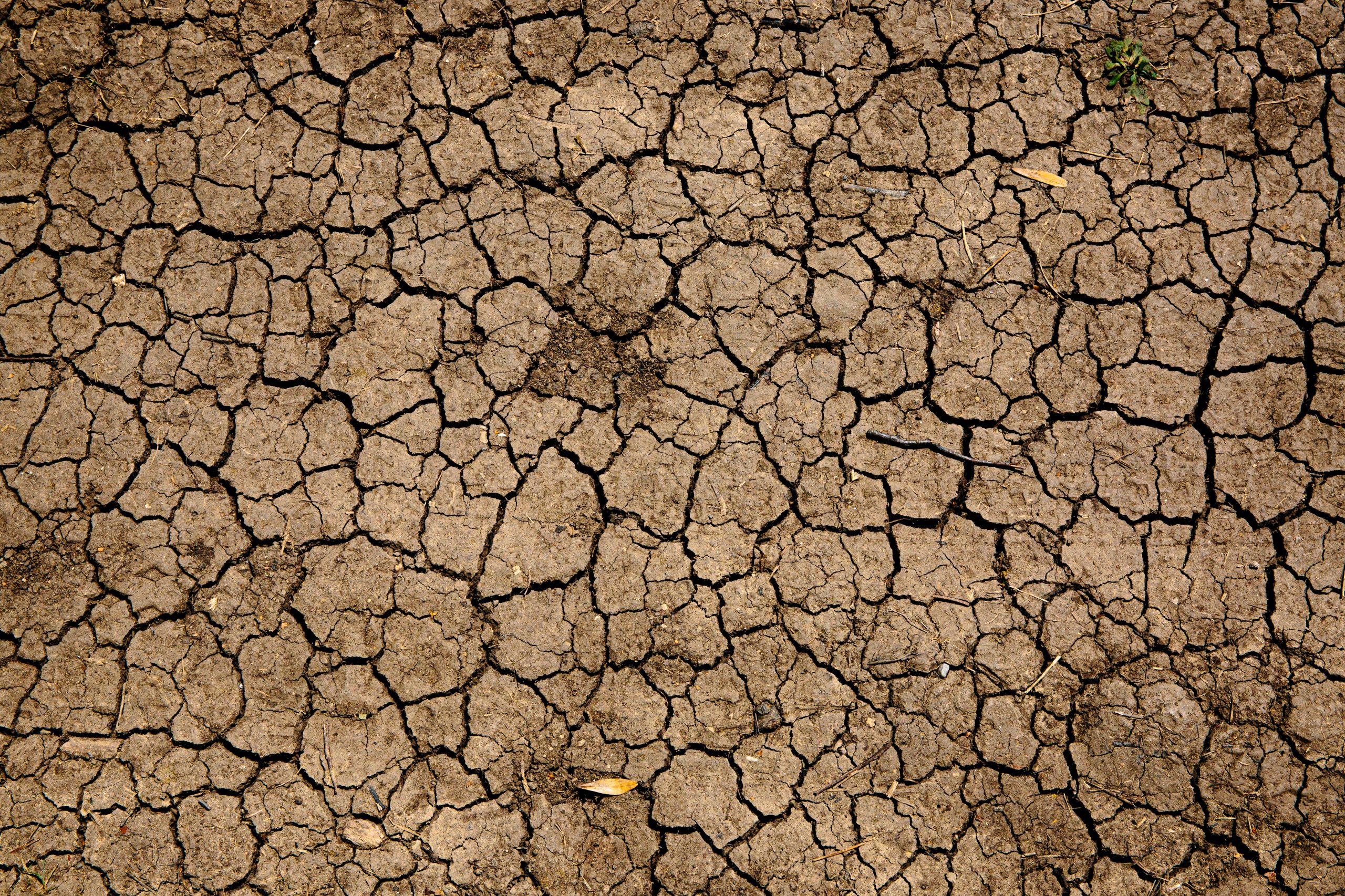Climate change is having a significant impact on industries across the United States. From agriculture to energy, businesses are facing new challenges as they adapt to changing weather patterns and environmental conditions.
One of the most significant impacts of climate change is on agriculture. Droughts, floods, and extreme weather events are causing crop failures and reduced yields, which can lead to higher food prices and economic instability in rural communities. Furthermore, rising temperatures and changing precipitation patterns are altering the growing season and requiring farmers to adapt their practices.
Another industry feeling the effects of climate change is the energy sector. Higher temperatures and extreme weather events are causing increased demand for electricity to power air conditioning and heating systems, while also disrupting power grids and causing power outages. Furthermore, the transition to renewable energy sources, such as solar and wind power, is being accelerated as the need to reduce greenhouse gas emissions becomes more urgent.
Other industries are also feeling the impact of climate change. Coastal communities are facing increased risk from rising sea levels and more frequent and severe storms, which can damage infrastructure and disrupt tourism. The insurance industry is grappling with the growing cost of natural disasters, which are becoming more frequent and severe.
As climate change continues to accelerate, businesses and industries will need to adapt and find new ways to operate sustainably and minimize their impact on the environment.
Feature Story: How Climate Change is Reshaping US Industries
Climate change is having a significant impact on industries across the United States. From agriculture to energy, businesses are facing new challenges as they adapt to changing weather patterns and environmental conditions.
In the agriculture industry, farmers are facing increased uncertainty as extreme weather events and changing growing seasons make it harder to predict crop yields and manage risk. Additionally, the use of water-intensive crops, such as almonds and avocados, is coming under scrutiny as droughts become more frequent and severe in some regions.
In the energy sector, the transition to renewable energy sources is being accelerated as the need to reduce greenhouse gas emissions becomes more urgent. Solar and wind power are becoming more cost-competitive with traditional fossil fuels, and many states are setting ambitious targets for renewable energy adoption. However, the shift to renewables also requires significant investment in new infrastructure and changes in energy markets and regulatory frameworks.
Coastal communities are also feeling the impact of climate change, as rising sea levels and more frequent and severe storms pose a risk to infrastructure and tourism. This is particularly true for areas that rely on tourism, such as beach destinations and coastal cities.
Overall, climate change is reshaping US industries in ways that require innovation and adaptation to minimize the impact on the environment and ensure economic stability.
Opinion Piece: The Urgency of Climate Change Adaptation in US Industries
Climate change is no longer a distant threat – it is a present and urgent challenge that US industries must face head-on. While some businesses and industries are making progress in adapting to changing environmental conditions, many are lagging behind and failing to take the necessary steps to reduce their impact on the environment.
In the agriculture industry, for example, there is a need for greater investment in sustainable farming practices and the development of drought-resistant crops. Additionally, there is a need to address the water-intensive crops that contribute to water scarcity and exacerbate drought conditions in some regions.
In the energy sector, the urgency of transitioning to renewable energy sources cannot be overstated. While progress is being made, there is a need for more ambitious targets and policies to accelerate the shift away from fossil fuels and reduce greenhouse gas emissions.
Furthermore, all industries need to prioritize adaptation and resilience in the face of changing environmental conditions. This includes investing in infrastructure that can withstand extreme weather events and sea level rise, as well as developing contingency plans for disrupted supply chains and economic instability.




